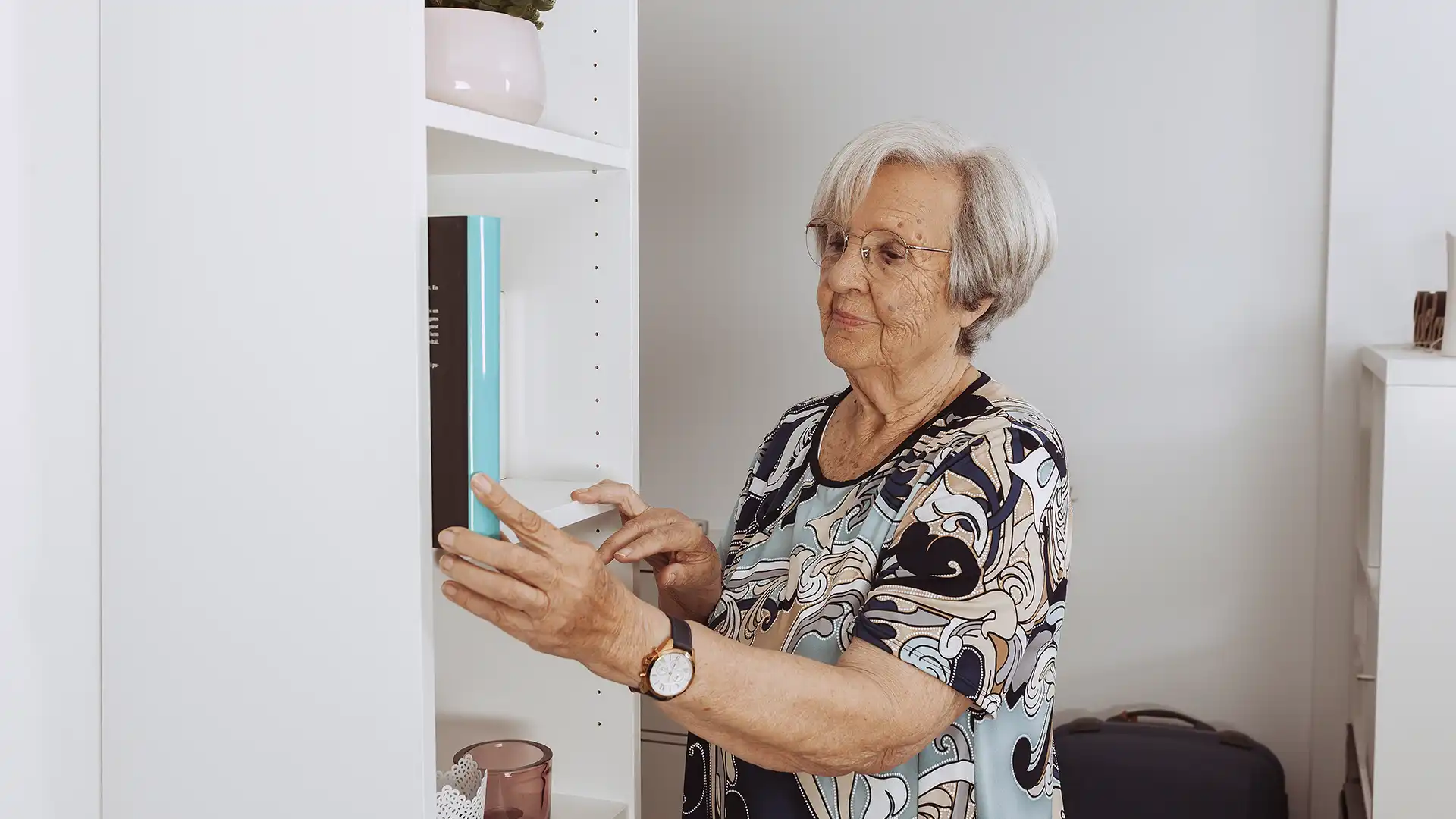What Happens When You Quit Smoking? Quitting smoking is a decision that can significantly improve your health and overall well-being—the benefits of quitting range from enhanced taste and smell to easier fitness and increased fertility. Quitting smoking leads to financial savings and freedom from smoking-related inconveniences.
Although withdrawal symptoms such as cravings, restlessness, and irritability are expected during the initial stages, they typically subside within a few days when using hypnosis. Support is readily available through various services, and stop smoking medications can also aid in quitting. Modifying routines helps avoid triggers associated with smoking while engaging in alternative activities provides a distraction. It takes time to develop new strategies for stress management without relying on cigarettes; however, most individuals experience lower stress levels after quitting. Establishing a dedicated space for relaxation or rekindling hobbies can be helpful in this regard.
It is important to acknowledge slip-ups along the way and revise the quitting strategy accordingly. Numerous resources exist for support, such as consulting healthcare professionals or utilizing nicotine patches, lozenges, or gum. By creating a personalized quit plan, individuals can reap the benefits of improved lung function, reduced stress levels, healthier lungs over time, and decreased risk of various diseases associated with smoking cessation.
Key Takeaways
- Quitting smoking is beneficial for health and can lead to improved lung function, reduced stress levels, healthier lungs and reduced disease risk within 1-5 years.
- Withdrawal symptoms such as cravings, restlessness, trouble sleeping, irritability, anxiety, increased appetite, and weight gain are common but usually disappear after 2-4 weeks.
- Changing routines and finding new ways to manage stress without smoking can help avoid triggers and resist cravings.
- Support is available through Quitline, stop smoking medications, and various activities that can be done instead of smoking.
What happens when you quit smoking?
When you quit smoking, numerous health benefits occur, including lower blood pressure, improved lung function, decreased cancer risk, and fresher breath. When you stop smoking, positive changes begin to happen to your body. Within 20 minutes of quitting, your blood pressure starts to normalize.
After 8 hours, oxygen levels increase, and lung function improves. Over time, the risk of developing lung, esophageal, bladder, and pancreatic cancer decreases significantly. Quitting also improves blood flow, resulting in more radiant skin and a brighter smile.
Additionally, taste and smell are reawakened after quitting smoking. With fresher breath and a strengthened immune system as long-term benefits of quitting smoking, it is clear that taking this step can significantly improve your overall health and well-being.
Why should I quit smoking?
As time goes on, the benefits continue to accumulate. After years without smoking, the risk of heart disease is halved, stroke and certain cancers decrease, and lung function improves significantly.
Additionally, quitting smoking reduces the exposure of family and friends to secondhand smoke.
So if you quit smoking today, you can look forward to enjoying these benefits in the years after your last cigarette.
What methods can help me quit smoking?
Various methods are available to help in the effort to resist the urge to smoke. These methods aim to reduce nicotine cravings and withdrawal symptoms, increase motivation, and provide support throughout quitting. People often wonder, can I resist the urge to smoke
Here are three effective methods:
- Nicotine Replacement Therapy (NRT): NRT products such as patches, gum, lozenges, inhalers, and nasal sprays deliver controlled amounts of nicotine without the harmful toxins in cigarettes. They help manage withdrawal symptoms by gradually reducing nicotine dependence.
- Clinical Hypnotherapy: Norwest Wellbeing has a quit smoking for good program that helps you Quit smoking with the power of hypnosis. They also offer a lifetime service guarantee.
- Behavioural support: Quitting smoking is about overcoming physical addiction and breaking psychological habits associated with smoking. Behavioural support programs, counselling sessions, or online resources can guide coping strategies for dealing with triggers and stress management techniques.
By utilizing these methods, individuals can significantly increase their chances of successfully quitting smoking and improving their overall health and experiencing the benefits of quitting smoking..
Your body: What happens when you quit smoking?
Upon smoking cessation, the body undergoes many positive changes that encompass various aspects of health and well-being. Within hours after your last cigarette, the body begins to recover.
One of the immediate changes is a decrease in heart rate and blood pressure, which starts stabilizing within 6 hours. Furthermore, nicotine levels drop significantly within one day, reducing cravings and withdrawal symptoms.
As time progresses, the benefits continue to accumulate. Taste and smell improve within one week as damaged nerve endings regenerate. Lung function also starts improving within three months as cilia (tiny hair-like structures) regain their ability to clear mucus and debris from the lungs more effectively.
Additionally, stress levels are reduced within six months of quitting smoking.
Overall, quitting smoking has numerous positive effects on the body’s health and functioning.
Within minutes of smoking your last cigarette, your body begins to recover:
When you extinguish your last cigarette, your body initiates a remarkable recovery and rejuvenation process. Within minutes, positive changes begin to occur. Your heart rate and blood pressure start dropping to normal levels. After just a few hours, the carbon monoxide levels in your blood decrease significantly, increasing oxygen levels. This leads to improved circulation throughout your body.
FAQ
What happens to your body when you quit smoking for good?
When you quit smoking for good, your body undergoes various positive changes. Over time, the risk of developing lung cancer or other tobacco-related diseases decreases significantly. The sooner you quit, the better, as the benefits of smoking cessation accumulate with time.
Are there any health benefits of quitting smoking?
Yes, there are numerous health benefits to quitting smoking. These include a reduced risk of lung cancer, heart attack, stroke, and other smoking-related diseases. Within 10 to 15 years of quitting, the risk of developing these diseases is almost cut in half. Quitting smoking also improves your overall lung function and lowers the risk of heart disease.
Is it ever too late to quit smoking?
No, it is never too late to quit smoking. No matter how long you have smoked, quitting at any point brings immediate and long-term health benefits. Even if you have smoked for many years, quitting can significantly reduce your cancer risk and other smoking-related illnesses.
Do the benefits of quitting smoking apply to someone who has never smoked?
While most of the benefits of quitting smoking focus on individuals who have previously smoked, there are still advantages for someone who has never smoked. What happens when you quit smoking is you reduce the exposure to someone else’s secondhand smoke can have adverse health effects. You will eliminate that exposure and improve your overall health and well-being by quitting.
What is a quit plan, and how can it help?
A quit plan is a personalized strategy designed to help you quit smoking. It typically includes setting a quit date, identifying triggers and coping mechanisms, considering nicotine replacement therapy or other medications, and creating a support network. Having a plan in place increases your chances of successfully quitting and staying smoke-free.
Conclusion
In conclusion, the benefits and what happens when you quit smoking have numerous health benefits that can improve taste and smell, easier fitness, freedom from smoking-related hassles, improve fertility, and save money.
While withdrawal symptoms may occur initially, they typically disappear within a few weeks. Support from Quitline and the use of stop smoking medications can aid in quitting. Changing routines and finding new ways to manage stress without smoking are important strategies.
Overall, quitting smoking leads to improved overall health and reduced disease risk over time.




















